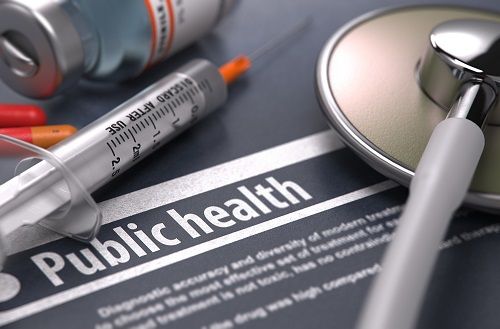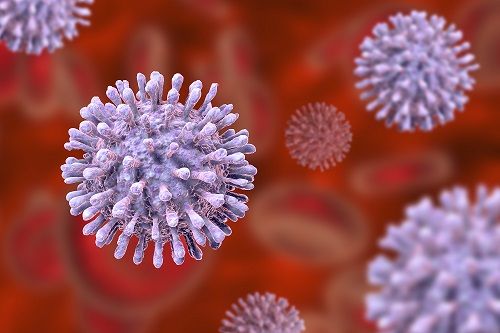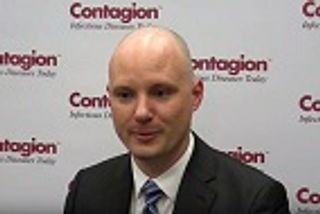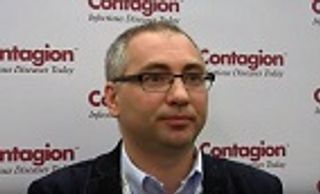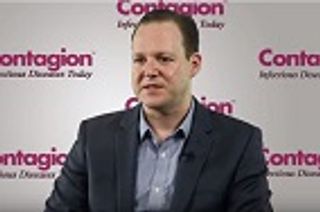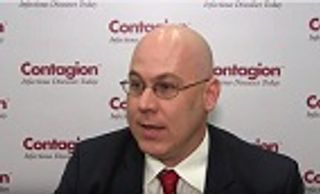
Prevention
Latest News
Latest Videos

CME Content
More News
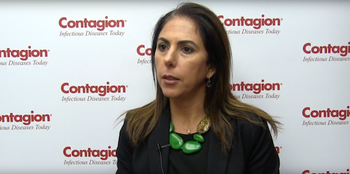
Lilian Abbo, MD, chief, infection prevention & control and antibiotic stewardship, Jackson Health System, associate professor of clinical medicine, Division of Infectious Diseases, Miller School of Medicine, University of Miami, explains why diagnostic tests may yield false positives.

The NIH has developed a platform called SHERLOCK, capable of quickly detecting small amounts of nucleic acid sequences—and it’s cheap.
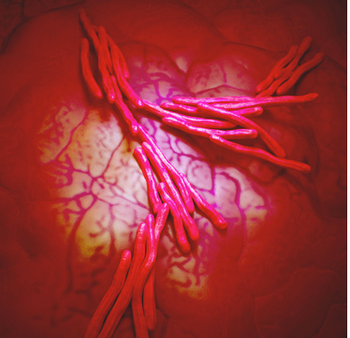
Researchers from Rutgers University have identified a group of compounds that may stop tuberculosis from becoming drug-resistant.

Researchers from Zhejiang University in China take a closer look at how the incidence of different infectious diseases have changed in the first decade after the SARS outbreak.
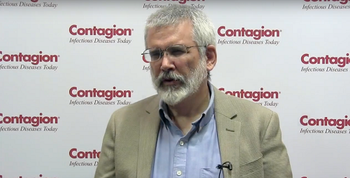
Robert Malone, MD, MS, CEO/CSO of Atheric Pharmaceuticals, LLC, discusses the benefits of repurposing drugs for emerging infectious diseases rather than going down the very long, costly road of developing new ones.

In case you missed them, here are our top 5 articles for the week of April 23, 2017.

We are adding 2 more reasons to the 7 reasons we are more at risk than ever for a global pandemic.
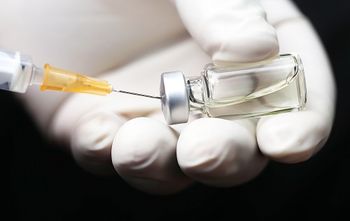
Manufacturing issues have led to a shortage of the only yellow fever vaccine licensed in the United States; now, that shortage is expected to lead to a complete depletion of available vaccine by mid-2017.
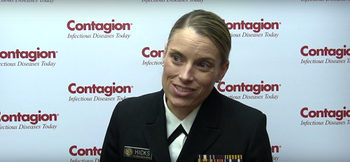
Lauri A. Hicks, Director, Office of Antibiotic Stewardship, Centers for Disease Control and Prevention, discusses how more data is needed to provide dentists with better guidelines for prescribing antibiotics.

The CDC offers insight into why a rare exception to the general recommendation of either brand of MenB vaccine had been made for the Rutgers outbreak in 2016.
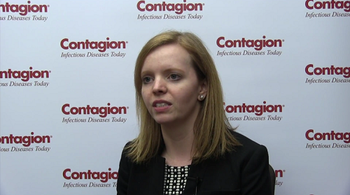
Emily Heil, PharmD, BCPS-AQ ID, assistant professor at the University of Maryland School of Pharmacy, explains why stewards should think outside of the box when coming up with interventions to include in an antimicrobial stewardship program.

While widespread and regional flu continue to decline in the United States, a new study examines how flu vaccine effectiveness and uptake can be improved.

Do some healthcare-associated infections receive more attention at your institution than others? Has your institution committed to using single-use medical devices to stave off infections? The editorial staff at Contagion® wants your feedback. Please take this brief survey to weigh-in.
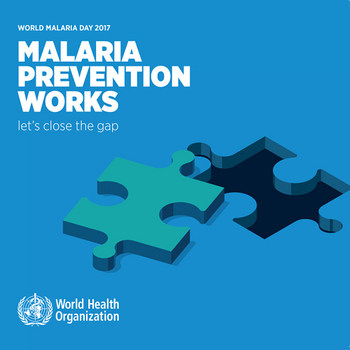
On World Malaria Day, the world focuses on how to eliminate malaria once and for all.

Contagion® recently spoke with Carissa Holmes, MPH, CDC, who discussed how policy change can work to strengthen infection prevention practices.
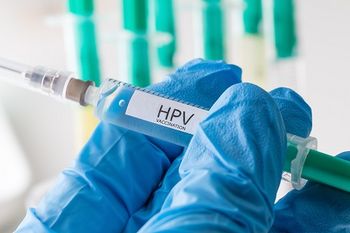
Study results presented today at the 2017 66th Annual EIS Conference provided the first statistical evidence for herd protection from the human papillomavirus (HPV) vaccine.
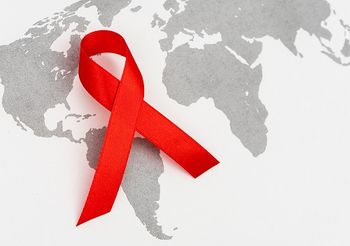
Using statistical mapping strategies, UCLA researchers have found that the WHO and UNAIDS strategy to eliminate HIV in sub-Saharan Africa is not feasible because it doesn’t consider several important factors.
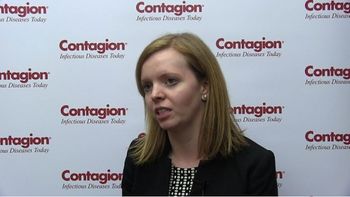
Emily Heil, PharmD, BCPS-AQ ID, assistant professor at the University of Maryland School of Pharmacy, shares an effective stewardship intervention for ruling out if someone is allergic to penicillin.
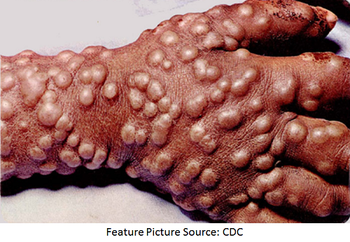
Although the eradication of smallpox was declared by the World Health Assembly in 1980, the deadly disease might make a comeback. The question is, will we be prepared for it?

Liver health education seems to be absent from the final draft of the National Academy of Science's Strategy for Eliminating Viral Hepatitis B & C.

The FoodNet report in the CDC’s most recent MMWR provides insight on food-borne illnesses in 2016.
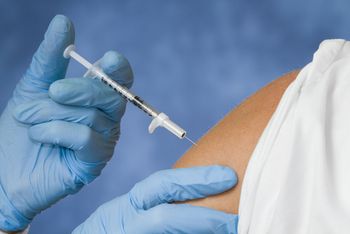
Researchers find that children of parents or caregivers who receive the season flu shot are more likely than others to also be immunized.

While flu season in the United States continues to wane, a new study from a team of researchers details the surprising discovery of a compound that may be a powerful flu-fighter.

A new treatment for antibiotic-resistant bacteria may reduce effects of chronic infections, lessen the days spent in hospitals, and reduce the use of antibiotics.

Experts are arguing that the President’s focus on national security needs to include healthcare response, before it’s too late.

